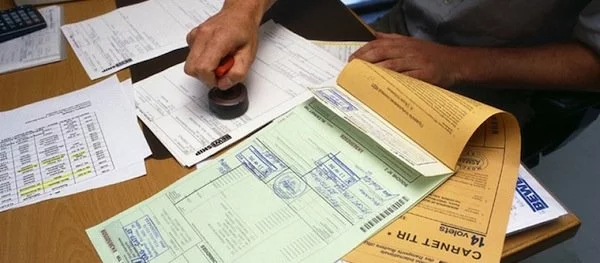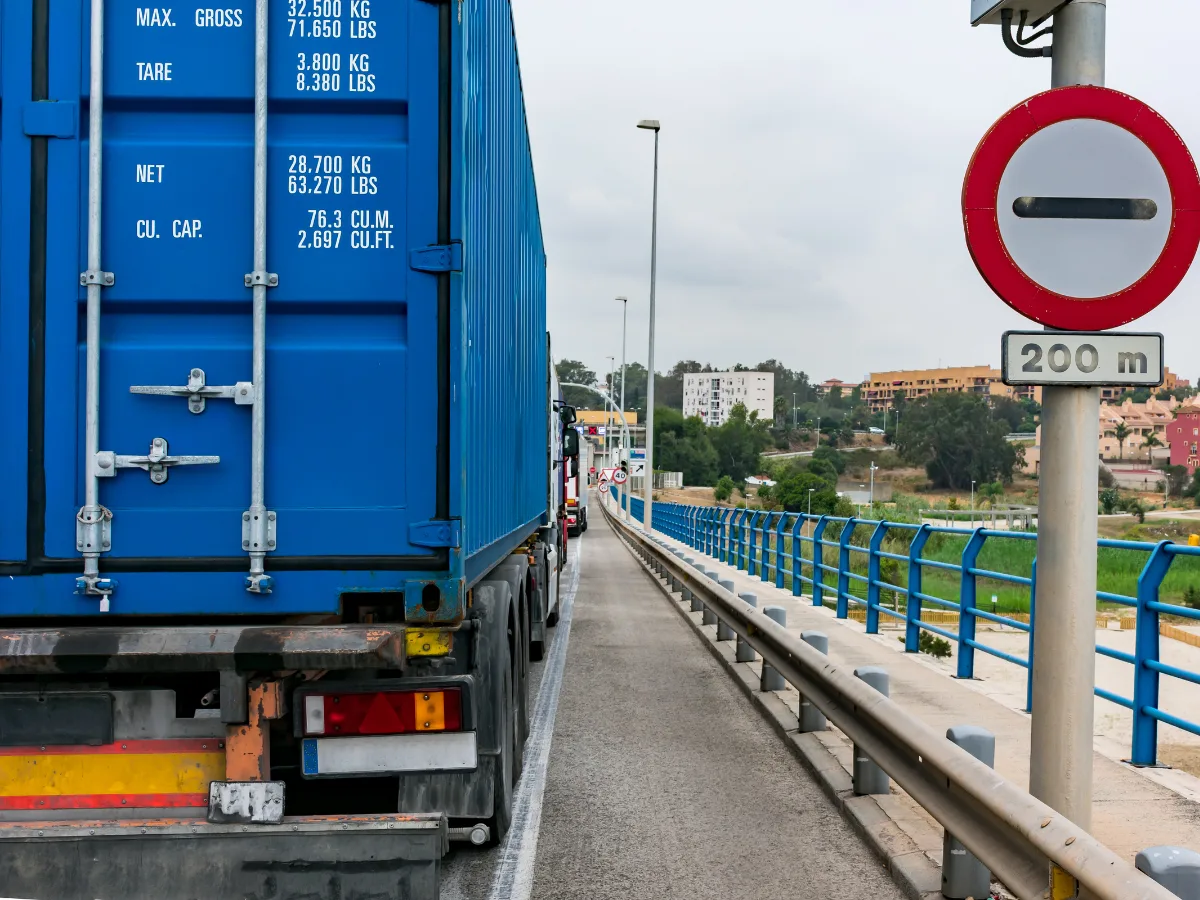In maritime transport There are the terms demurrage and detention, which refer to additional charges associated with the use of a container. These are additional charges that we have to pay when we exceed the time to pick up a container at a port or return a container late.
Demurrage
After the container arrives in port, we are given a certain period of time by the shipowner to collect the container. This is usually around 10 days. After this period, we will have to pay a fee set by the shipowner for each day the container is out of port. Each shipowner has a different tariff for the demurrage fee. Usually they should be around USD 20-40 for each day of demurrage. In rail transport There are usually a few days to collect the container, but this depends on the operator with whom you are transporting and you should always ask directly how long this is.
When do demurrage costs most often arise?
Demurrage costs most often occur when a container falls under inspection or customs searches. Customs can then carry out checks for a period of time that is difficult to determine and may be between 1 and 4 weeks. In this case, a demurrage fee will start to accrue after 10 days. In this case, as early as 10 days later, a demurrage fee will be charged, which may amount to approx. USD 600-700.
Another reason could also be a problem with customs clearance. Sometimes the ordered goods do not have the necessary documents to be legally cleared and the whole process is prolonged by this.
Detention
Once the container has been picked up at the port, we have a certain amount of time to return the empty container. The carrier takes the container from the port to deliver the cargo to the customer. The shipowners specify the time at which the container must be back in port.
When do detention costs most often arise?
Detention costs are charged when a container is not returned to the port or terminal by a certain date. However, the turnaround time is often so long that it is quite rare for any charges to be incurred.
In demurrage and detention costs, for example, the first 3-4 days may be USD 30, while from 5 to 8 the amount may be USD 50. Costs begin to increase with the passing of days, and the same principle applies to rail and sea transport. Particular care should be taken with rail transport, where over, for example, 8 days the costs can be as high as USD 100 per day.






